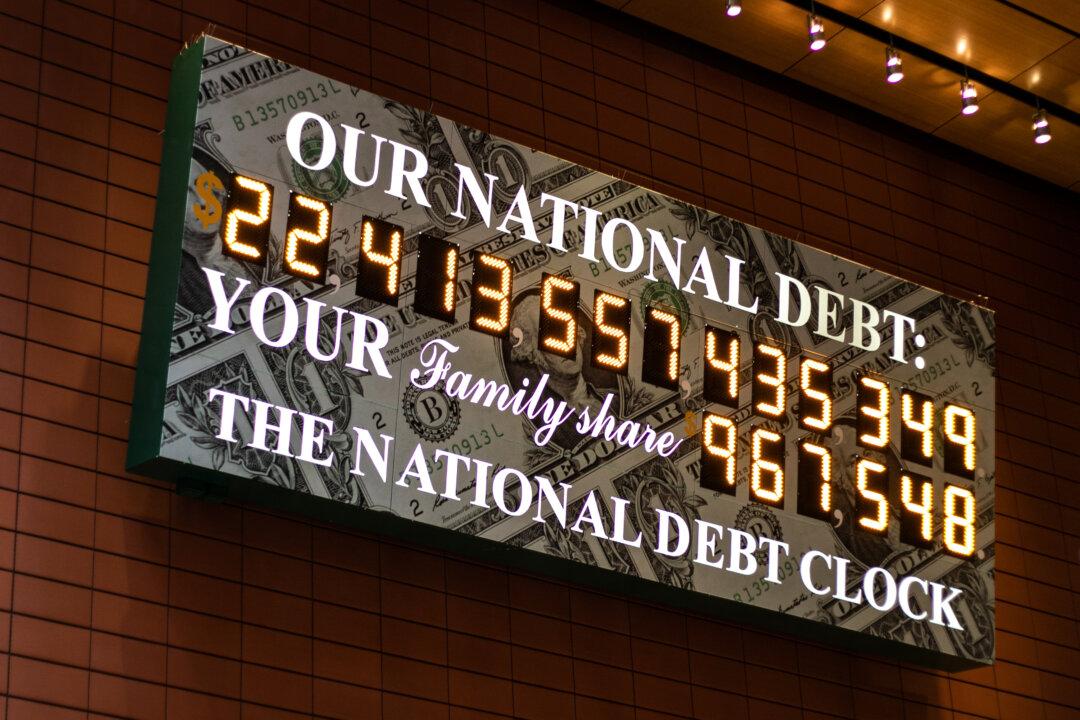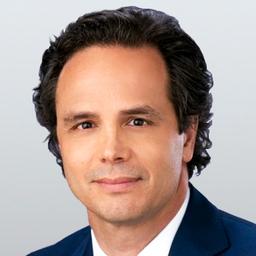Commentary
The history of governments is that they start out small and wind up large. Along the way, they grow in fits and starts.


The history of governments is that they start out small and wind up large. Along the way, they grow in fits and starts.